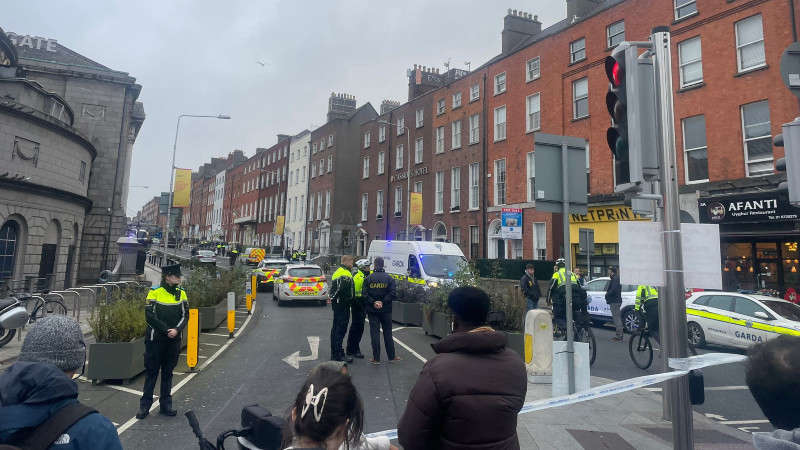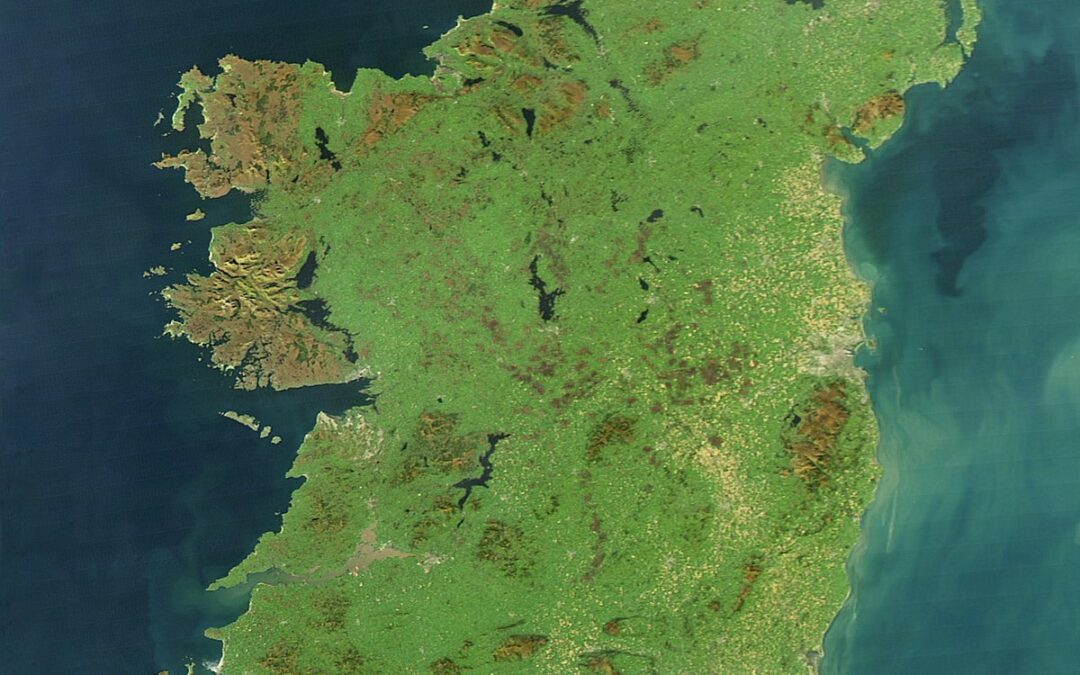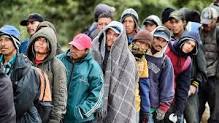
Thank you very much!
Thank you very much!
I was very proud of my fellow countryman Cillian Murphy last night, when he won the Oscar for Best Actor at the Academy Awards in Los Angeles - Cillian is the first ever Irish-born man to achieve this feat. I can't even imagine how proud the people of Cork are of him, and also the people of Corca Dhuibhne, where his family has a holiday home.
The film Oppenheimer won seven of the 13 awards it was nominated for! Christopher Nolan received two awards, one for Best Director and the other for Best Film. Robert Downey Jr. received award for Best Supporting Actor. There is no doubt about the alliance between Cillian and Chris Nolan, as they have worked together many times over the years. They started working together on the film 'Batman Begins' in 2005, and continued with a series of successful films: 'The Dark Knight' (2008), 'Inception' (2010), 'The Dark Knight Rises' ( 2012), 'Dunkirk' (2017) and 'Oppenheimer' (2023). Cillian landed the lead role in Oppenheimer, and Chris Nolan is said to have asked him to take the role, after seeing Cillian in the TV series 'Peaky Blinders'.
There was intense competition between the actors who were nominated for the Best Male Actor award. Bradley Cooper, Colman Domingo, Paul Giamatti and Jeffrey Wright were also nominated for that award, with leading roles in the films 'Maestro', 'Rustin', 'The Holdovers' and 'American Fiction', respectively. But Cillian was the favourite from the start, and he easily fulfilled that prophecy!
Oscar acceptance speech
'Oppenheimer' is not my favorite film, in particular because of the story and plot. But I have to admit that it is a great piece of cinematography. To be fair, the film deserved every award. And Cillian's acceptance speech really impressed me – more than the film itself!
He said: " I’m a little overwhelmed. Thank you to the Academy. Chris Nolan and Emma Thomas, it’s been the wildest, most exhilarating, most creatively, satisfying journey you’ve taken me on over the last 20 years. I owe you more than I can say, thank you so much. Every single crew member, every single cast member on Oppenheimer you guys carried me through. All my fellow nominees, I remain in awe of you guys, truly. "I want to thank my incredible team. Big shout out to Craig Bankey, Brendan Murphy, Mary Murphy, Yvonne McGuinness, my partner in life and art, my two boys Malachy and Aran who are sitting up there, I love you so much and I’m a very proud Irishman standing here tonight. "You know, we made a film about the man who created the atomic bomb and for better or for worse we’re all living in Oppenheimer’s world, so I’d really like to dedicate this to the peacemakers everywhere. Go raibh míle maith agaibh."
Cúpla Focal
Isn't that a great speech? I think every Irishman in the world was very proud of Cillian, not only because of the Oscar he won, but because of that beautiful speech he gave with confidence. It has long been a habit of British presenters to say that successful Irish people who win awards are British - Irish people like Paul Mescal, Michael Fassbinder and of course, Cillian Murphy. As usual, it happened again on ITV when Jonathan Ross referred to Cillian as a British star. But after Cillian's speech, Ross had to apologize and admit that Cillian is Irish. Irish people don't let things like that happen anymore, I think! As Breandán Ó Murchú, Cillian's father, said about his son, on the show 'An Saol Ó Dheas' with the famous presenter Helen Ní Shé: "He probably has confidence in himself. I don't think he has to pretend. He can speak confidently, which used not be common either. We were different, I guess. We thought, for example, a long time ago, if people had a different accent - the English when they came for example - we thought that there was something special about that, that they were better than us.
But the Irish now, the young people, they're happy to get out there and speak out confidently and they're all doing it and that's a very good thing."
It is also noteworthy that Cillian spoke a few important words at the end of his speech, when he said, in Irish: "Thank you very much!" That topped off a great night for all of us, on possibly the biggest stage in the world! I have no second choice now, but to write these last words: Go raibh míle maith agat, a Chillian!










